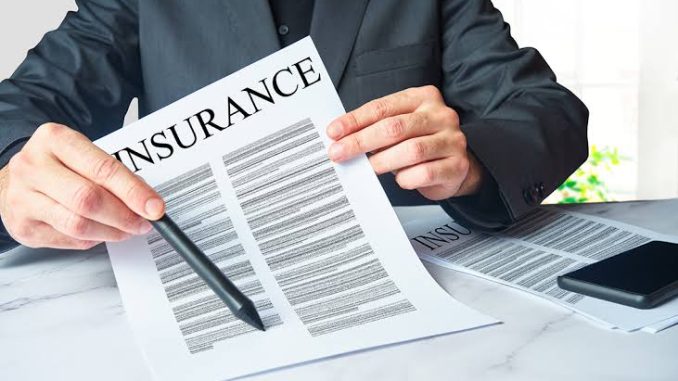
1. What is Insurance?
Insurance is a contract between an individual (or entity) and an insurance company. In exchange for a regular payment (premium), the insurer agrees to compensate the insured for specific financial losses, damage, or liability, depending on the type of policy.
2. Types of Insurance
There are many types of insurance, but the most common include:
-
Health Insurance: Covers medical expenses, doctor visits, hospital stays, and sometimes prescription drugs.
-
Auto Insurance: Protects against financial loss from accidents, theft, or damage involving vehicles.
-
Homeowners/Renters Insurance: Covers damages to your home or belongings and protects against liability for accidents.
-
Life Insurance: Pays a benefit to beneficiaries after the policyholder’s death, offering financial security to loved ones.
-
Disability Insurance: Provides income if you’re unable to work due to illness or injury.
3. Key Terms to Know
Understanding insurance terminology is essential for selecting the right coverage. Here are some key terms:
-
Premium: The amount you pay for your insurance policy, usually monthly or annually.
-
Deductible: The amount you must pay out-of-pocket before your insurance kicks in.
-
Coverage Limit: The maximum amount your insurance will pay for a covered loss.
-
Claim: A formal request to your insurer to pay for a covered loss or event.
-
Policy: The written contract between you and the insurance company.
-
Exclusion: Specific conditions or circumstances not covered by the policy.
4. How to Choose the Right Policy
To get the best coverage:
-
Assess Your Needs: Consider your lifestyle, family, assets, and income.
-
Compare Policies: Look at multiple insurers and compare coverage, costs, and customer service.
-
Check the Fine Print: Understand what’s covered—and what’s not.
-
Review Regularly: Life changes, and so should your insurance. Reevaluate your policy periodically.
5. Common Mistakes to Avoid
-
Underinsuring: Trying to save money with minimal coverage can leave you vulnerable.
-
Ignoring the Deductible: A lower premium often means a higher deductible, which can be costly during claims.
-
Not Disclosing Information: Failing to provide accurate details can lead to denied claims.
-
Overlooking Discounts: Many insurers offer discounts for things like bundling policies or installing safety devices.
6. The Importance of an Emergency Fund
While insurance is crucial, it doesn’t cover everything. Having an emergency fund helps bridge the gap for deductibles, non-covered expenses, and other financial surprises.
Final Thoughts
Insurance isn’t just about preparing for the worst—it’s about securing peace of mind. By understanding these key concepts and staying proactive, you can tailor your coverage to protect yourself, your loved ones, and your financial future.